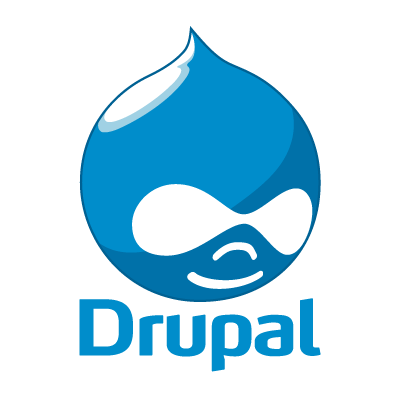
Top 5 reasons to choose Drupal?
- Platform, Web Server and Database Independent
- Granular User Management
- Multiple Content Types
- Flexible Taxonomy and Menu Structures
- Standards Compliant Templating & Theming
Drupal
Drupal is a free and open-source content management framework written in PHP and distributed under the GNU General Public License.Drupal provides a back-end framework for at least 2.3% of all websites worldwide – ranging from personal blogs to corporate, political, and government sites.Systems also use Drupal for knowledge management and for business collaboration.
As of March 2019, the Drupal community comprised more than 1.37 million members,including 114,000 users actively contributing,resulting in more than 42,650 free modules that extend and customize Drupal functionality,over 2,750 free themes that change the look and feel of Drupal, and at least 1,270 free distributions that allow users to quickly and easily set up a complex, use-specific Drupal in fewer steps.
The standard release of Drupal, known as Drupal core, contains basic features common to content-management systems. These include user account registration and maintenance, menu management, RSS feeds, taxonomy, page layout customization, and system administration. The Drupal core installation can serve as a simple website, a single- or multi-user blog, an Internet forum, or a community website providing for user-generated content.
Drupal also describes itself as a Web application framework.When compared with notable frameworks Drupal meets most of the generally accepted feature requirements for such web frameworks.











